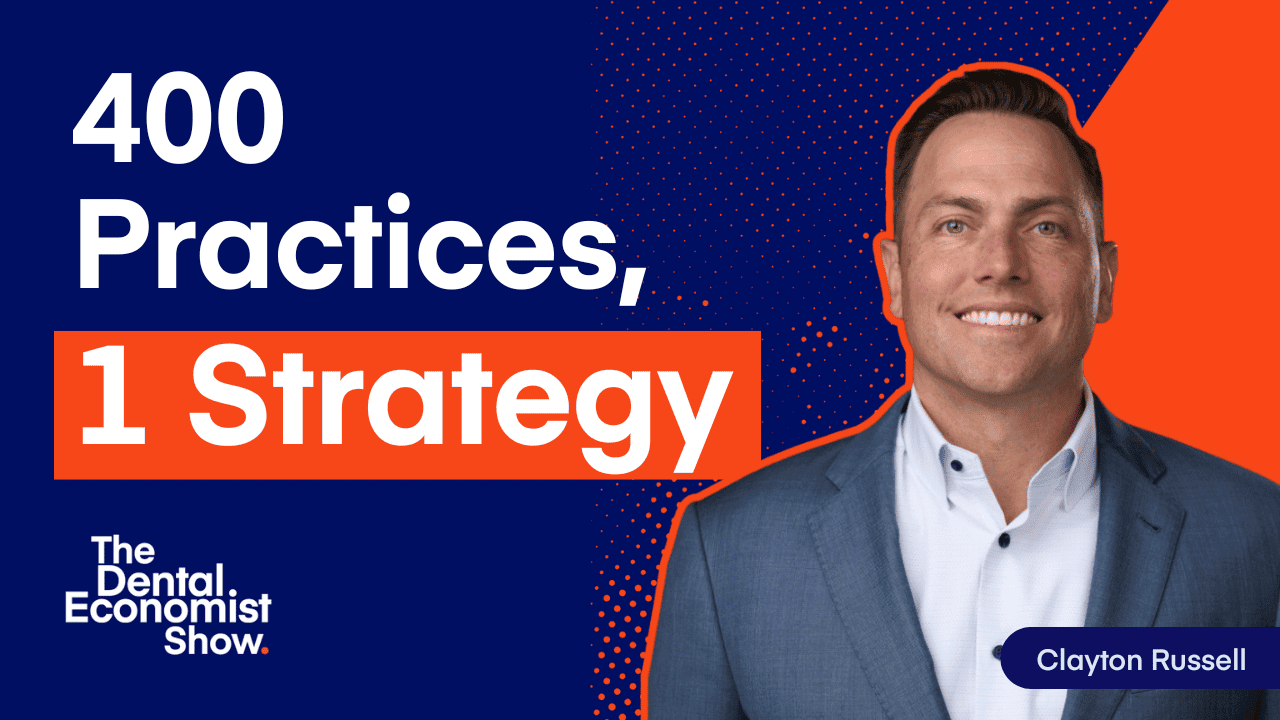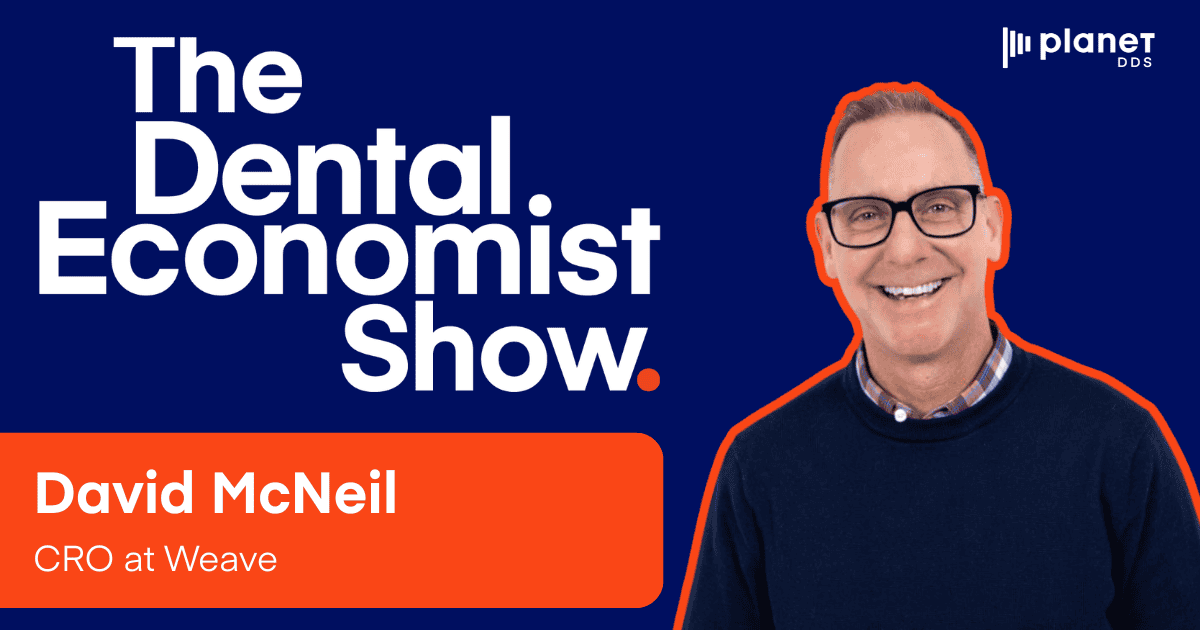All Things DSO: Navigating “The Great Uncertainty”

As the dental industry settles into the second quarter of 2025, many leaders are still grappling with what Brian Colao calls “The Great Uncertainty,” a prolonged period of market unpredictability driven by inflation, geopolitical unrest, and rising operational costs. Colao, director of the Dykema DSO Industry Group, offered a comprehensive outlook on the current state of dental support organizations (DSOs), private equity trends, and emerging technologies in a wide-ranging discussion that touched on everything from M&A headwinds to smart scheduling innovations.
Dental M&A Market Still in a Holding Pattern
While there was originally optimism for a rapid rebound in mergers and acquisitions (M&A), Colao noted that external factors like global conflict and trade instability have continued to stall momentum. “The M&A market certainly did not jump-start in the first quarter,” he said. “We’re well into Q2, and I don’t see anything imminent.”
However, Colao believes that the industry may soon shift into an acceptance phase. Rather than waiting for inflation or interest rates to fall, he anticipates buyers and sellers will begin pricing for the current economic conditions. “Eventually, people are going to say, ‘This is the new normal,’ and deals will start happening again,” he said.
Private Equity: Adapting to Market Realities
Many DSOs are operating under increasing pressure from private equity partners to deliver returns despite market headwinds. Colao emphasized that people should not blame DSO executives for interest rates tripling or for the cost of labor skyrocketing. “Most executives I talk to are being extremely creative in how they operate under these difficult conditions,” Colao said.
While cost-cutting remains a necessary survival tactic, Colao cautioned that long-term success requires DSOs to focus on revenue growth. “There’s a saying: You can’t cut your way to profitability,” he said. “The only way to truly grow is to increase EBITDA, and you do that through innovation: new technologies, new business lines, and better operational models.”
Automation and AI Transforming RCM
One area where Colao sees tremendous opportunity in automated revenue cycle management (RCM). Insurance verification and claims processing have long been major pain points, but technologies like auto-adjudication, AI bots, and integrated eligibility tools are now reducing the administrative burden.
“Automation is the big story of 2025,” Colao said. “It’s faster, more accurate, and cheaper. It allows DSOs to maximize every insurance dollar while redeploying staff to higher-value patient interactions.”
Many tools that once required multiple tabs to be open and manual data entry are now integrated directly into practice management systems.
Smart Scheduling: A Game-Changer
Another technology capturing Colao’s attention is smart scheduling, which optimizes appointment slots for higher-revenue procedures and offers patient-friendly self-booking features. “It’s compelling when software can prioritize a crown over a cleaning without compromising the patient experience,” he said.
Smart scheduling also aligns with evolving consumer behaviors. “Younger generations don’t want to pick up the phone. They want to schedule online at 2 a.m., and these tools make that possible.”
Enhancing Patient Experience with Personalization
Even as automation takes hold, Colao stressed the importance of maintaining a human touch. Many platforms allow providers to customize automated messages for pre-appointment reminders, post-op instructions, or even aftercare follow-ups.
“It’s still a message from the doctor; it just goes out through tech,” he explained. “It enhances the patient experience and strengthens the practice culture.”
Hygiene Shortages and Creative Solutions
The shortage of hygienists continues to impact DSO operations. Colao pointed to Arizona’s new legislation allowing trained dental assistants to perform certain hygiene functions as one controversial solution that’s been introduced.
He also noted that hygienists increasingly prefer gig-style arrangements, working in multiple offices through temp staffing platforms. “It gives them more flexibility, but it raises questions about long-term sustainability and cost,” he said.
Colao also highlighted emerging ADA resolutions aimed at addressing the hygiene pipeline: easing student-teacher ratios, allowing dental students to serve as interim hygienists, and licensing internationally trained dentists under specific conditions.
Consumer Confidence: A Regional Concern
Economic uncertainty is also influencing patient decisions. Some DSOs are reporting declines in elective procedures like clear aligners and adult ortho starts. “People aren’t skipping visits when they’re in pain,” said Colao, “but they’re postponing discretionary treatments.”
He emphasized that while individual markets are affected differently, overall dentistry remains one of the most resilient industries. “Even with inflation and labor costs, dentistry is virtually recession-proof compared to other sectors.”
Strengthen Your DSO with Innovation
Colao expressed optimism for the future, especially as DSOs continue investing in tech and refining operations. He’s particularly excited about the upcoming Dykema DSO Industry Group annual conference in August 2025, which promises record attendance and in-depth conversations about the industry’s next chapter. “This industry is evolving fast, and it’s an exciting time to be part of it,” he said.
From shifting M&A dynamics to the promise of AI-powered automation, Colao’s insights highlight the importance of embracing technology and operational agility in a time of economic flux. Contact Planet DDS to learn how we help DSOs scale efficiently and deliver a stronger patient experience while positioning your organization for future success.



